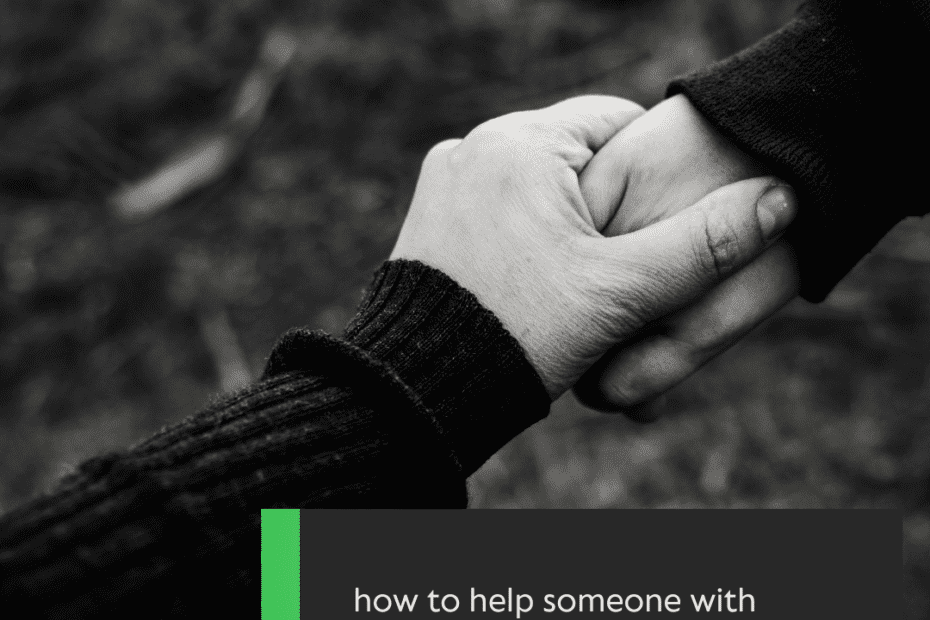Supporting someone with depression can be challenging, but it’s essential to approach it with empathy and understanding. Learning how to help someone with depression involves offering a listening ear, being patient, and encouraging them to seek professional help when needed. By educating yourself on the symptoms and impacts of depression, you can better understand what they’re going through and provide more effective support. Your goal isn’t to “fix” them but to be there for them in a way that reassures them they’re not alone. Being mindful of your emotional well-being while helping is also crucial.
Symptoms of Depression
Common symptoms of depression include:
- Persistent Sadness: Feeling sad, empty, or hopeless most of the time.
- Loss of Interest or Pleasure: Lack of interest or pleasure in activities that were once enjoyable, including hobbies and social interactions.
- Changes in Appetite or Weight: Significant weight loss or gain not related to dieting, or changes in appetite.
- Sleep Disturbances: Insomnia or sleeping too much.
- Fatigue or Loss of Energy: Feeling tired or having little energy, even after resting.
- Difficulty Concentrating: Trouble focusing, remembering, or making decisions.
- Feelings of Guilt or Worthlessness: Excessive guilt, self-blame, or feeling like a burden to others.
- Physical Symptoms: Unexplained physical issues, such as headaches, stomachaches, or body pain.
- Restlessness or Slowed Movements: Agitation or noticeable slowing down of physical movements or speech.
- Thoughts of Death or Suicide: Recurrent thoughts of death, suicidal ideation, or attempts.
If someone exhibits these symptoms for a prolonged period (two weeks or more), it’s essential to encourage them to seek professional help.
Tips To Help Someone With Depression
Here are some suggestions of things you can do to help someone with depression.
Don’t Ask if There is Anything You Can Do, Make Concrete Suggestions
When thinking about how to help someone with depression, it’s common to ask, “Is there anything I can do?” While this comes from a place of good intentions, it might unintentionally add pressure on the person to articulate their needs. Many people find it difficult or uncomfortable to ask for help, even when they truly need it.
Instead, consider making specific offers to help, like cooking meals, picking up their kids, or providing rides to doctor’s appointments. By offering concrete support, you fulfill your desire to help and allow the person to accept your kindness without the added burden of having to ask.
Just Be Willing to Listen
When someone is having a difficult time, we may feel a bit of anxiety about talking to the person because we are not sure what to say. What words of comfort can you offer someone whose marriage just ended and fears a future alone, who just lost her beloved parent, or who has just been diagnosed with a serious illness? This discomfort may sometimes lead to avoiding the person, which is the last thing they need.
Don’t worry about offering sage wisdom or saying something that makes the person feel better. She knows you don’t have all the answers, nor is she expecting you to make her feel better. Ultimately, people need to express what is happening in their heads and want someone to listen. That is all you need to worry about doing. This simple act can do wonders.
Random Acts of Kindness Can Go a Long Way
Knowing people care about our well-being goes a long way in dealing with difficult times. Random acts of kindness or gestures that let you know you are thinking about the person is a great way to boost someone’s spirits. Buy a little gift you think the person would like, like a book. Check out some funny ecards and shoot over an email to give them a nice, unexpected laugh in the middle of the day.
Be a Source of Positivity But Let the Person Feel their Feelings and Speak Their Mind
Make sure you let the person express whatever upsets him and feel the fear, anger, and whatever else is happening inside. Not feeling heard or made to feel like they cannot fully express their truth now will only make people feel worse.

Just be willing to listen is a wonderful tip. I know that it helps me out a lot when someone is will to listen to me for a while.